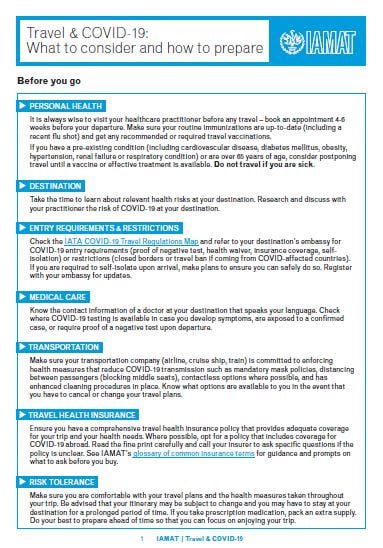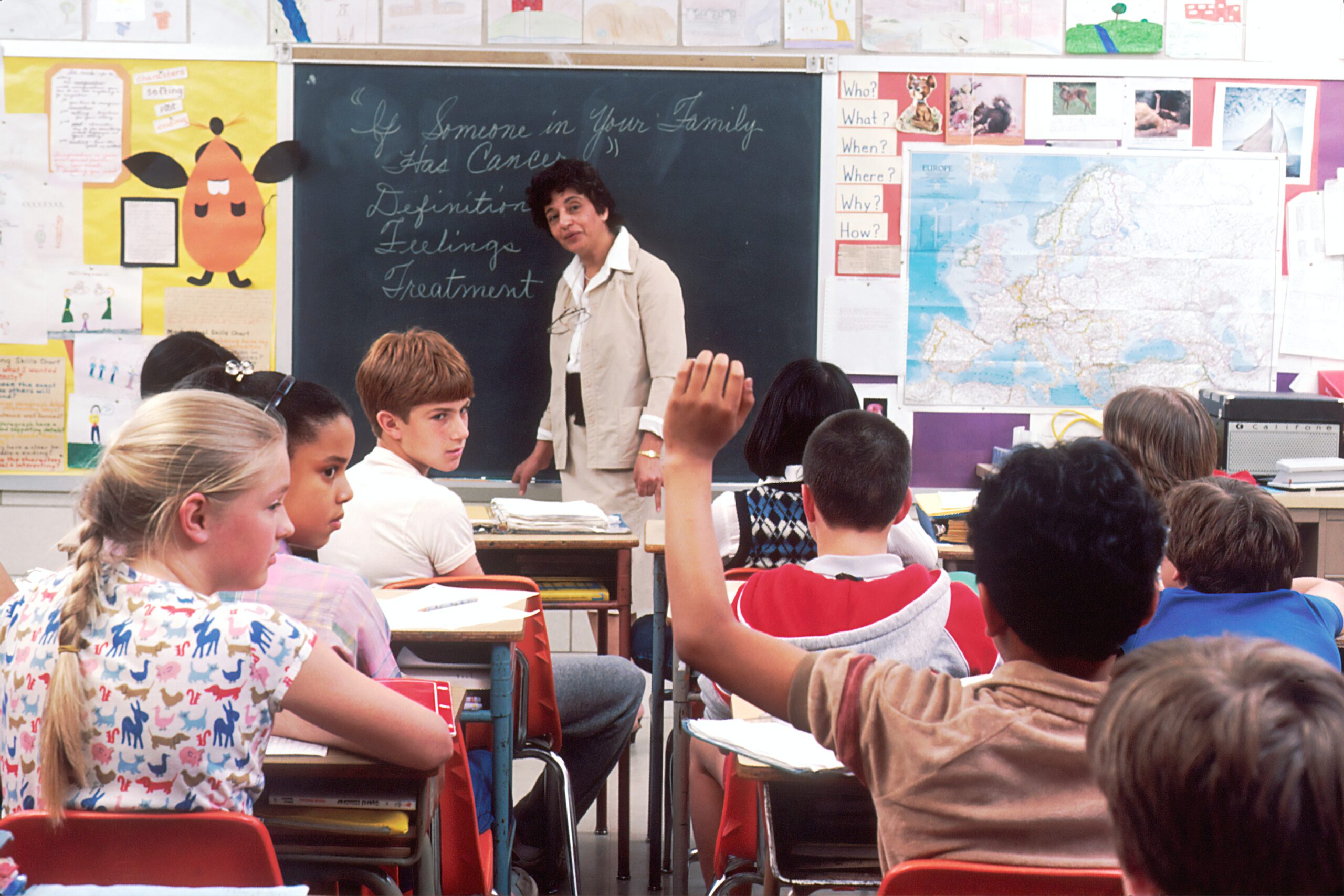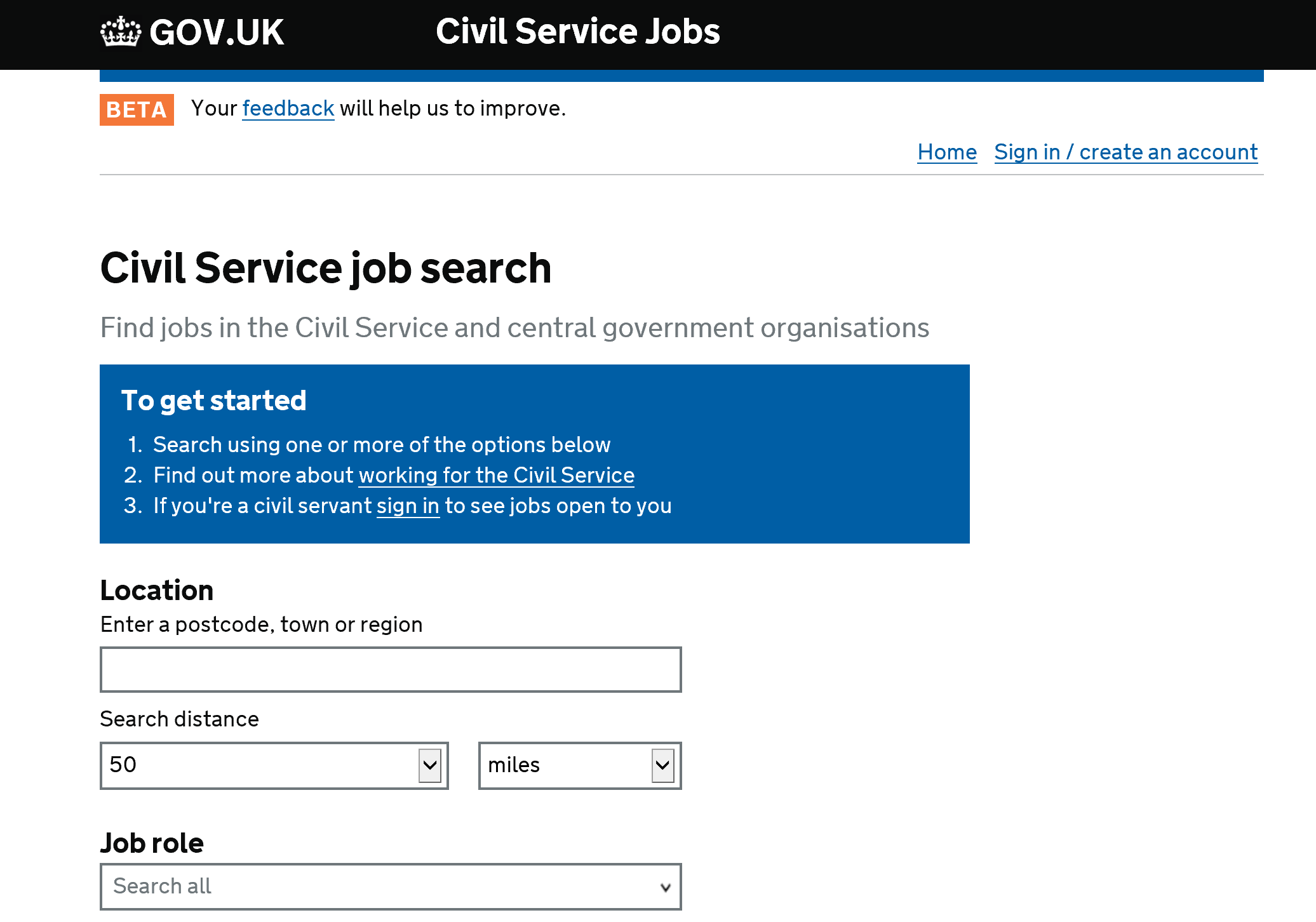
Businesses and events have temporarily suspended operations in light of the pandemic that’s happening around the world. Even governments have ordered their citizens to stay in and practice social distancing.
Given these precautions, it’s only reasonable that you might be having thoughts on whether to cancel your trip. In these times, putting health and wellness at the forefront is essential.
However, it is still unclear when you should cancel your trip. In this article, we’re going to discuss the parameters of sickness and travel and when you should cancel that planned travel. Read on to find out more.

Signs You Should Cancel Your Trip
There have been warnings about traveling to countries inflicted with the virus from the Centers for Disease Control.
These include China, Italy, South Korea, and Iran, all of which have been filed under Level 3, Avoid Nonessential Travel. Take a look at the pointers below.
When You’re An Older Adult
Senior citizens are considered one of the hardest hit groups by the recent outbreak. As a matter of fact, in China, approximately 80% of deaths were attributed to individuals well within their 60s or older.
The same trend is being observed in other countries, particularly in Italy, where medical professionals saw people the ages 70 and above were those most hit by the disease.
The reason behind this phenomenon is that advanced-aged individuals are more susceptible to having more chronic conditions as they age. Moreover, the immune systems of older people tend to weaken over time.
Further, older people have a tendency to encounter a cytokine storm, a condition where the immune system overproduces chemicals in the body to stave off infections.
This may result in inflammation and further complications, such as organ failure. If you are around these ages and have an illness, you should cancel your trip.
If You Have A Chronic Or High-Risk Condition
Apart from older aged people, those who have an underlying chronic condition – regardless of age or gender – are also more vulnerable to contracting the disease.
These encompass individuals who have respiratory conditions, such as those suffering from mild to severe asthma, as well as those who have heart ailments.
Individuals who have undergone treatments such as those for cancer also fall under the immunocompromised category, as stated by the CDC.
Those with diabetes, severe obesity, as well as those with liver disease, are also at risk of getting ill. If you are hypertensive, it is likely that you will be told to cancel your trip and stay home.
These illnesses or conditions also compromise the immune levels and functions of the body. Because of this, fighting off the disease and other illnesses may pose difficulties, so it’s better to travel at another time.
If You’re Under The Weather
If you’re already sick, chances are you should cancel your trip. This would allow you to prevent putting yourself and others at risk. Taking precautionary measures to flatten the curve is important.
Not to mention, your illness – such as coughing, sneezing, fever, and other flu-like symptoms – may be further exacerbated with travel and exhaustion, further compromising your immune system.
It’s likely that doctors and the frontliners who work the travel gates will advise you to cancel your trip and stay at home as well.
When You’re Travelling To Affected Areas
Last, but certainly not least, is heeding the Centers for Disease Control and the affected countries’ warnings. These warnings and notices are here for a reason, so it’s obvious that you shouldn’t go to these affected areas.

The Bottom Line
If you’re sick, old, or if the country you plan on visiting has made a warning, you most likely should cancel your trip.
If you are worrying about how to get a refund on your flights and accommodation, there are many ways to resolve those matters. Right now, the priority is to stay healthy.
















